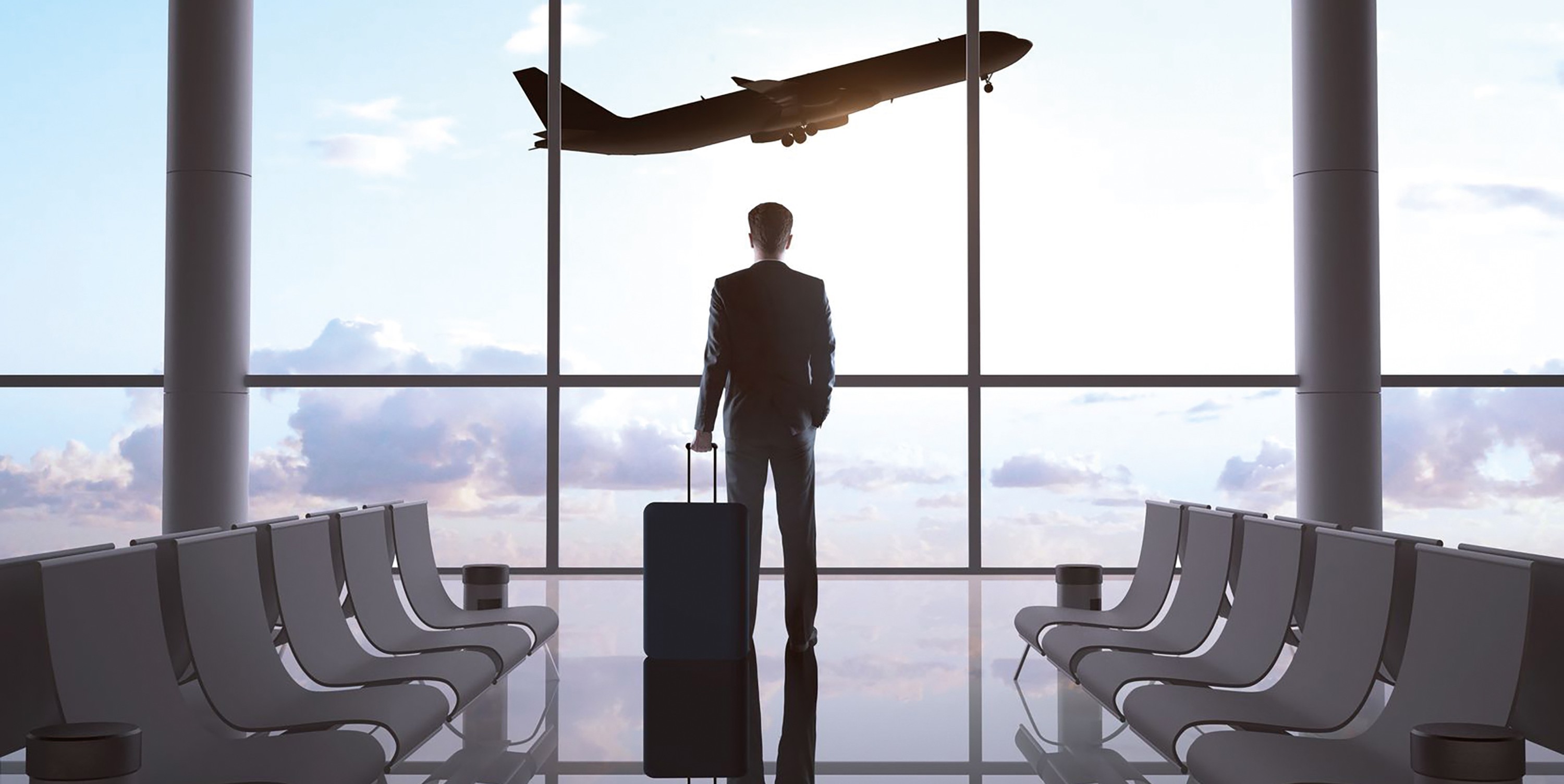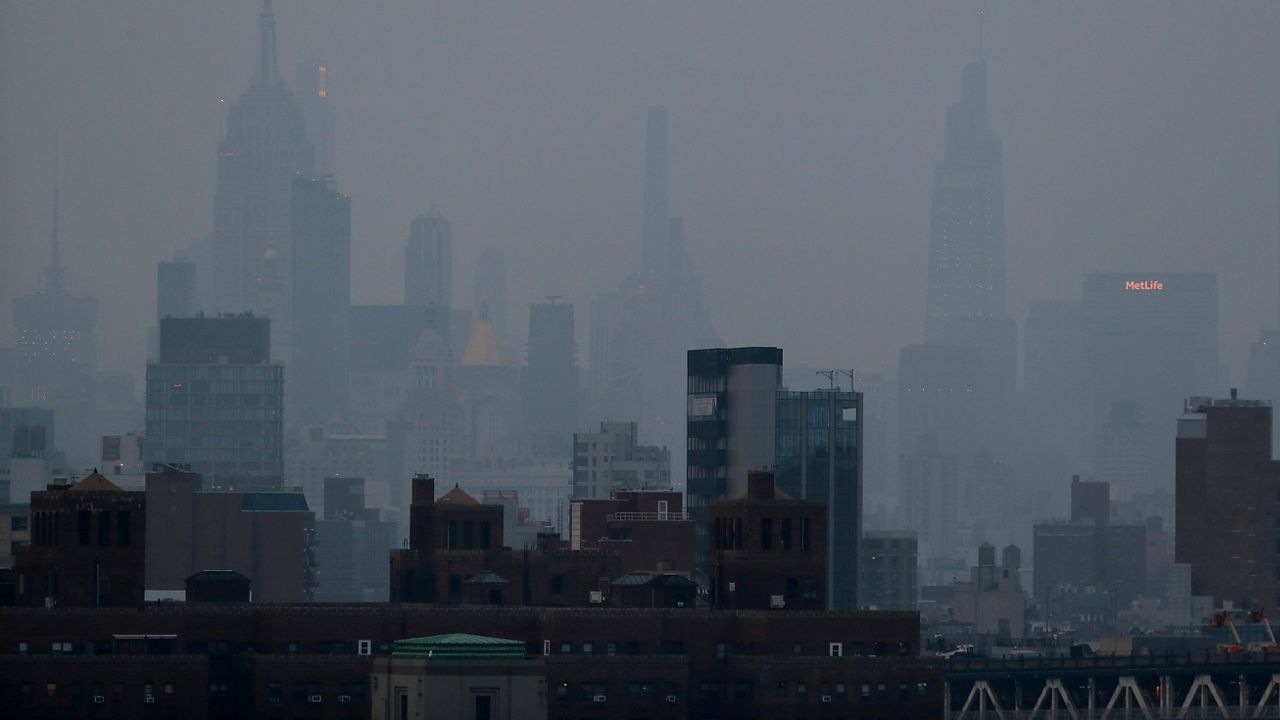Travel
Business travel costs set to climb in 2025

With pricey business-class fares and full flights, travel managers and corporate travel agents will face tough conversations about rising costs in 2025, according to new data from the FCM Consulting Q3 2024 Business Travel Report.
“Our data tells two stories,” says Bonnie Smith, GM of FCM South Africa. “Yes, travel is getting more expensive, but it’s also becoming more predictable. Travel managers who book ahead are saving on airfares and getting better hotel rates. The opportunity to be strategic with travel spend has never been greater.”
Here’s what the data predicts for corporate travel in 2025.
The sky’s getting crowded
Flights are packed, with an 86,2% load factor recorded. Global passenger demand was up 8,6% in August 2024 compared with 2023.
Business-class tickets cost between 6% and 8% more compared with 2023, but there is some good news – economy fares have dropped by between 1% and 4% compared with 2023.
What this means for 2025. If you have been putting off booking important client meetings in London, New York or Dubai, now is the time to get them in the diary.
Those ‘last-minute-Larry’ days are behind us – the early bird really does get the window seat (and the better fare) these days, Smith says.
The hotel squeeze
Globally, room rates are up 14%. In New York, for example, the average hotel now costs up to US$490 (R8 795) a night (up 15%).
The average room rate has increased in North America (6,8%), South America (25,4%) and Europe (5,3%), with prices softening in the Middle East/Africa, Asia and Australia.
What this means for 2025: It is time to get savvy with those accommodation choices, Smith advises. The usual hotel in Manhattan might need a rethink, but remember – location is not everything. Some of the best business hotels are just a short ride from the city centre, and they are often better equipped for productive work.
Money matters
While global inflation is cooling off, some spots like Brazil and India are still seeing prices climb. The good news? The rand is working harder in some markets than others.
What this means for 2025: It is important to think strategically about where and when teams are sent. When planning business expansions, consider regional cost differences. In some cases, bundling several meetings into one trip can be more efficient.
The good news about 2025
Airlines are promising more seats for 2025 (1,8% more in the first half of the year and 2,1% more in Africa).
However, more seats do not automatically mean cheaper fares, especially with companies eager to tie down those face-to-face meetings.
What this means for 2025: Keep an eye on new route announcements – they often come with decent corporate deals. And if you are managing a travel programme, now is the time to really get to know your airline reps, or work with your TMC. Those efforts and relationships can be worth their weight in air miles, Smith says.
The companies winning at the travel game are not necessarily the ones with the biggest budgets – they are the ones being clever about how they spend it, says Smith, highlighting the role of a TMC in cost and value optimisation.
She advises companies to leverage their TMC’s expertise in several key areas.
“Your TMC’s AI tools can analyse your travel patterns and suggest cost-saving opportunities you might miss, like booking premium economy instead of business class on shorter routes where the price difference outweighs the benefits.”
She also emphasises the power of consolidated buying. “A good TMC brings negotiating power you simply can’t match on your own. We’re booking thousands of room nights and flights, which means better rates and more flexible terms for our clients.
“Success in 2025 is not just about managing costs – it is about making business travel work harder for your company. Whether through better planning, smarter technology, or having the right support team in your corner, you’ll achieve maximum value from every trip.”










